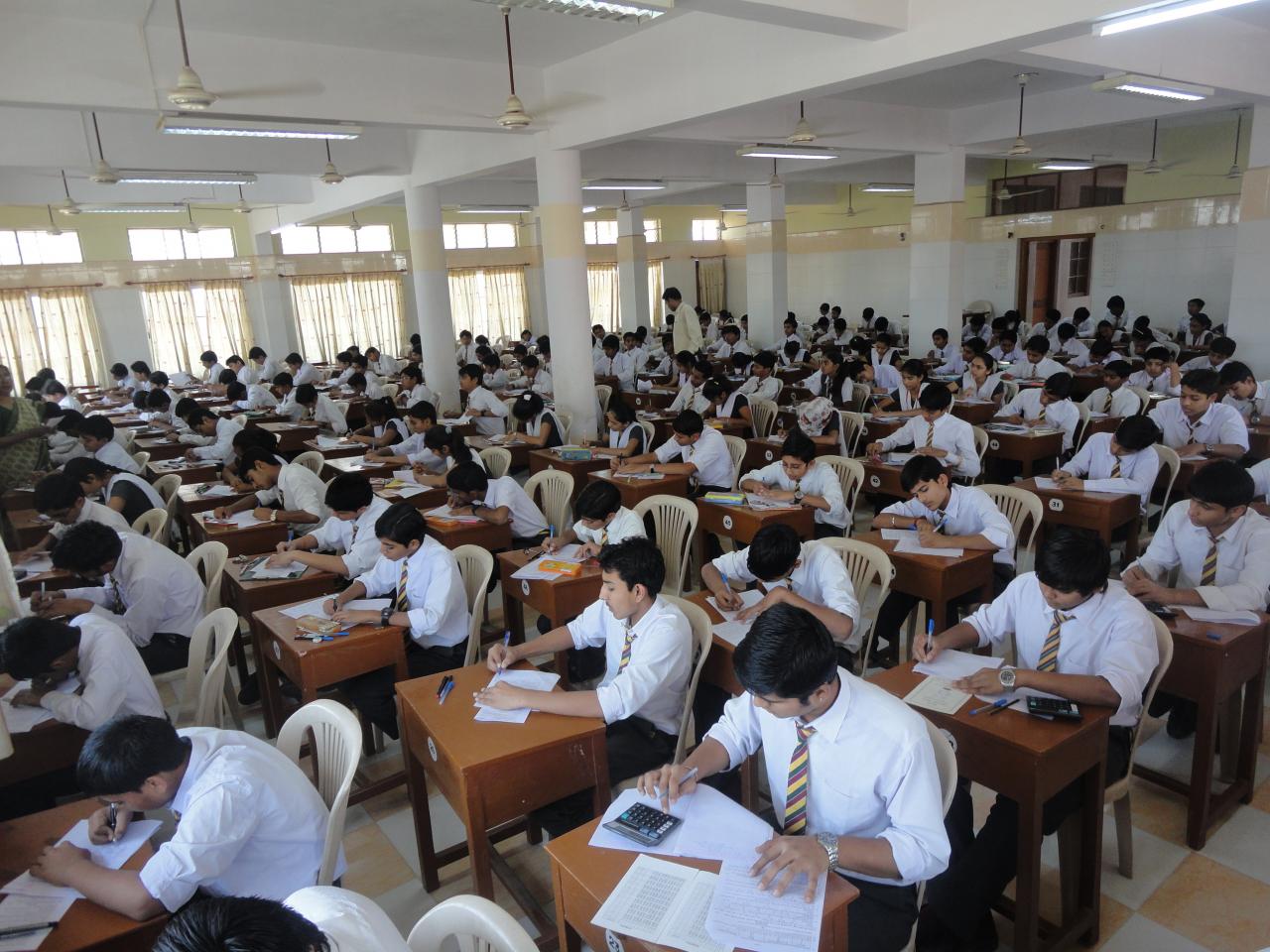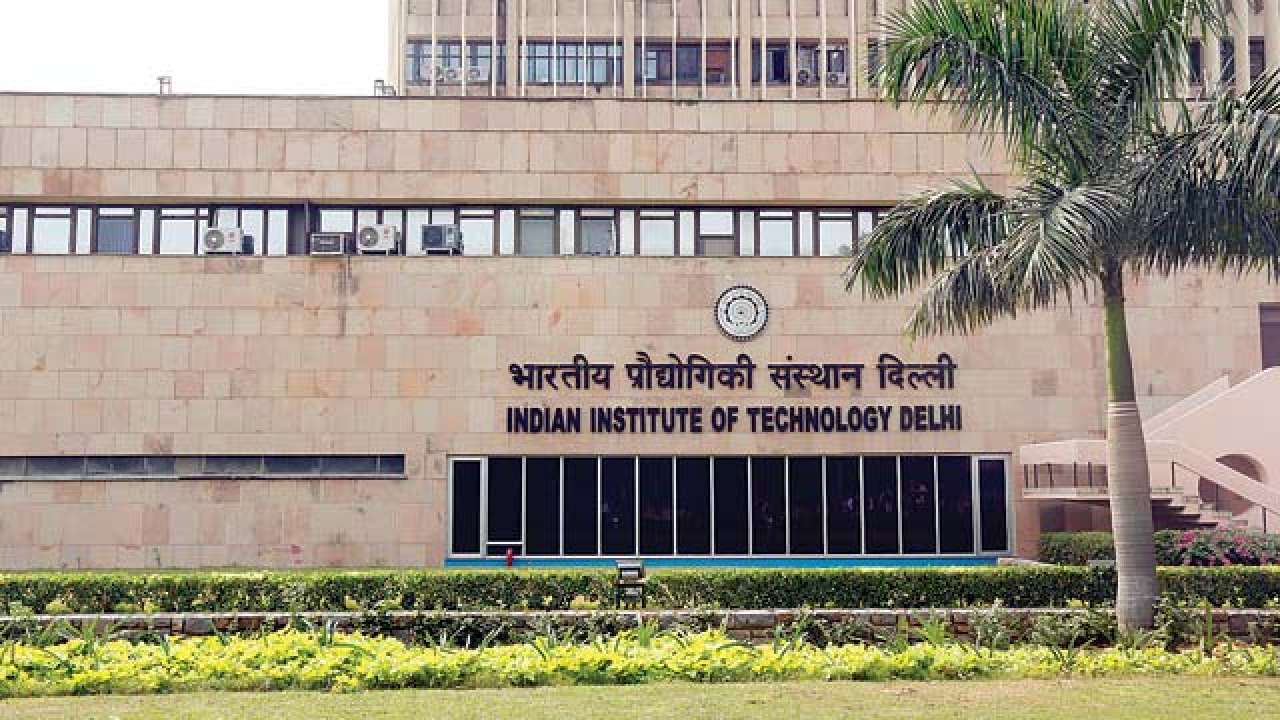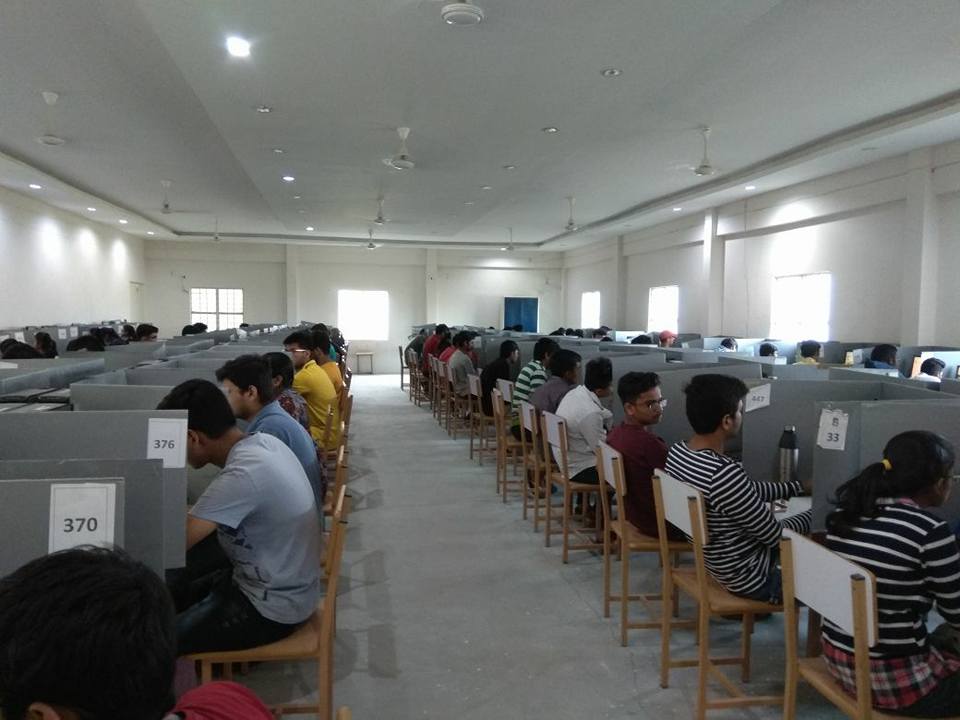Jharkhand Government has signed a Memorandum of Understanding (MoU) with Bharti Foundation to enhance overall schooling experience in 150 government schools effecting over 24,000 students and 500 teachers in the districts of Pakur, Godda, Dumka and Deoghar.
The Public –Private Partnership between the State Government and philanthropic arm of Bharti Enterprises is being rolled under the Satya Bharti Quality Support Program of the foundation. The programme is already supporting nearly 2,00,000 students and 7,000 teachers across 12 States of India.
Bharti Foundation CEO Vijay Chadda said, “Under the Satya Bharti Quality Support Program, we aim to work with school leaders to enhance the overall schooling experience of all stakeholders in these Government schools. Our holistic development approach and school improvement plan involves working in close coordination with educationists and officials in the Education Department of Jharkhand, and we look forward to working with them towards strengthening the existing education initiatives.”
The Satya Bharti Quality Support Program is an education initiative undertaken in partnership with government schools. Through this programme, Bharti Foundation engages with the school leadership, teachers, students and communities to enhance their schooling experience and support them in their efforts to strive for excellence. It focuses on identifying and integrating best practices from Satya Bharti Schools with the intent of encouraging innovation, participation, ownership and facilitating sustainable change.
Bharti Foundation has been working in Jharkhand through its Satya Bharti Learning Centre Program since 2014-15. Under the program, the Foundation has mainstreamed more than 8,000 children in 320 schools, which enabled the Government of Jharkhand to declare six blocks free from Out-of-school children.
































